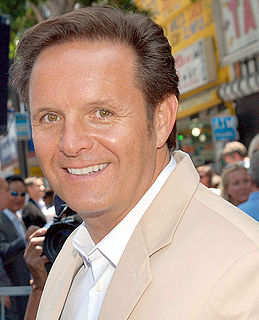A Quote by John M. Grunsfeld
Are we alone? Many, many people on planet Earth want to know. We are on the cusp of being able to answer that question... because of the investments we're making in space technology.
Related Quotes
One of the most memorable moments was when I first saw earth because I had seen many pictures, many videos of earth from space, and being able to see that with my own eyes had a completely different effect, and sort of almost sensing life emanating from our planet in the dark background of the space, it was a really memorable experience.
I should say we know that there are many, many other Earths out there. We're almost certain that there will be upwards of a billion Earth-like planets in our galaxy alone, so there is no lack of real estate where life might happen, but what we don't know is how likely it is given the real estate, given a wonderful pristine planet like Earth how likely is it that life will pop up inhabited? We don't know the answer to that.
Many people may not recognize that the development of space exploration technologies has already helped benefit Earth in many ways, especially when it comes to communications, Earth observation and even fostering economic growth. Space technologies are surprisingly critical in impacting government, industry and personal daily decision-making.
This crazy little party girl who loves to enjoy life actually has a purpose. So, that's really the core of why I've survived so many years and I can go and I can fall down and I can get back up. Why? Because I know why I'm here. That's the question that a lot of people need to answer when they do fall is, 'Why am I here?' If you can answer that question, you'll be able to dust yourself off and shine like a phoenix out of ashes.
In the Marquette Lecture volume, I focus on the question in the title. I emphasize the social and political costs of being a Christian in the earliest centuries, and contend that many attempts to answer the question are banal. I don't attempt a full answer myself, but urge that scholars should take the question more seriously.
The Universe is a pretty big place... And the one thing I know about nature is it hates to waste anything. So I guess I'd say if it is just us, an awful lot of space is going to waste. The earth is not alone, it is not like a single apple on a tree; there are many apples on the tree, and there are many trees in the orchard.
To be able to rise from the earth; to be able, from a station in outer space, to see the relationship of the planet earth to other planets; to be able to contemplate the billions of factors in precise and beautiful combination that make human existence possible; to be able to dwell on an encounter of the human brain and spirit with the universe
Why did I want to be an astronaut? That's not an easy question to answer because I know a lot of kids want to be astronauts when they grow up but it stuck with me and I think just maybe growing up in Houston and always having the astronauts and the Johnson Space Center in my backyard, I was always aware of the space program.

































